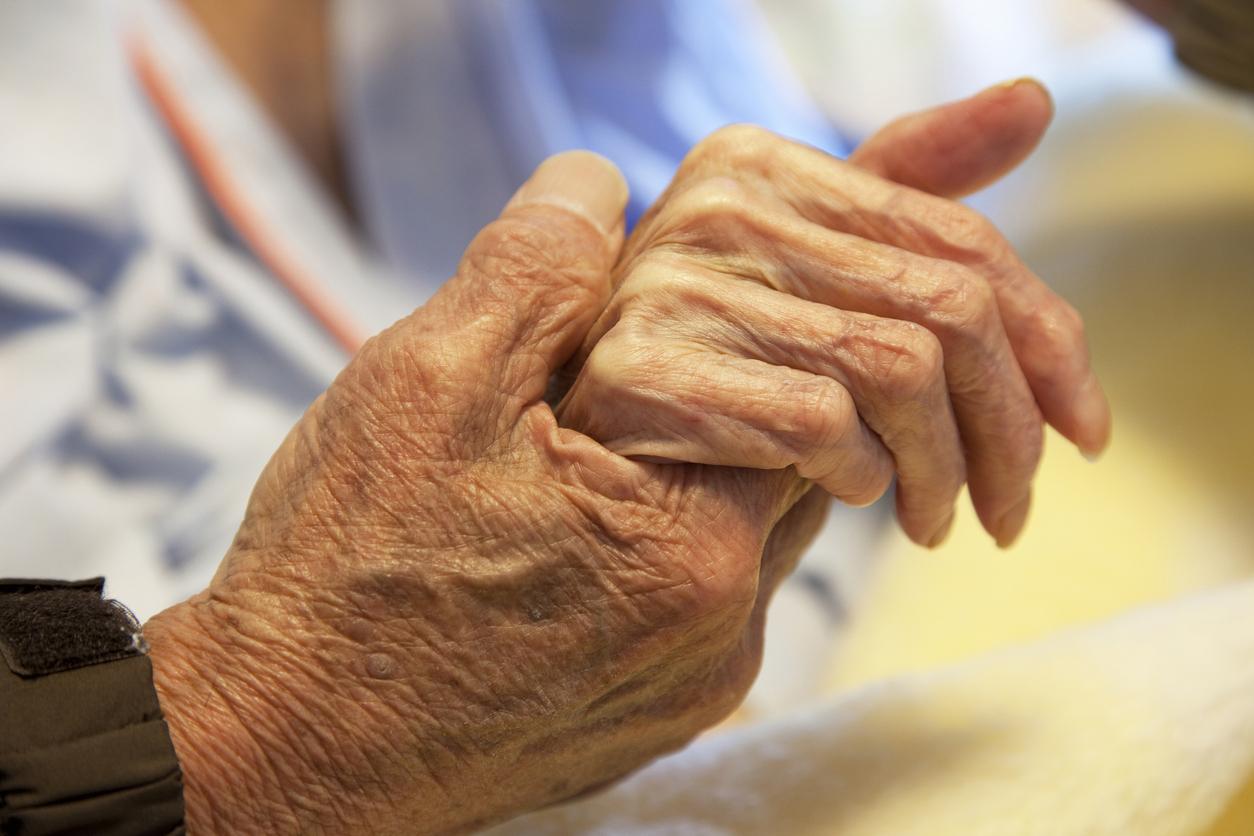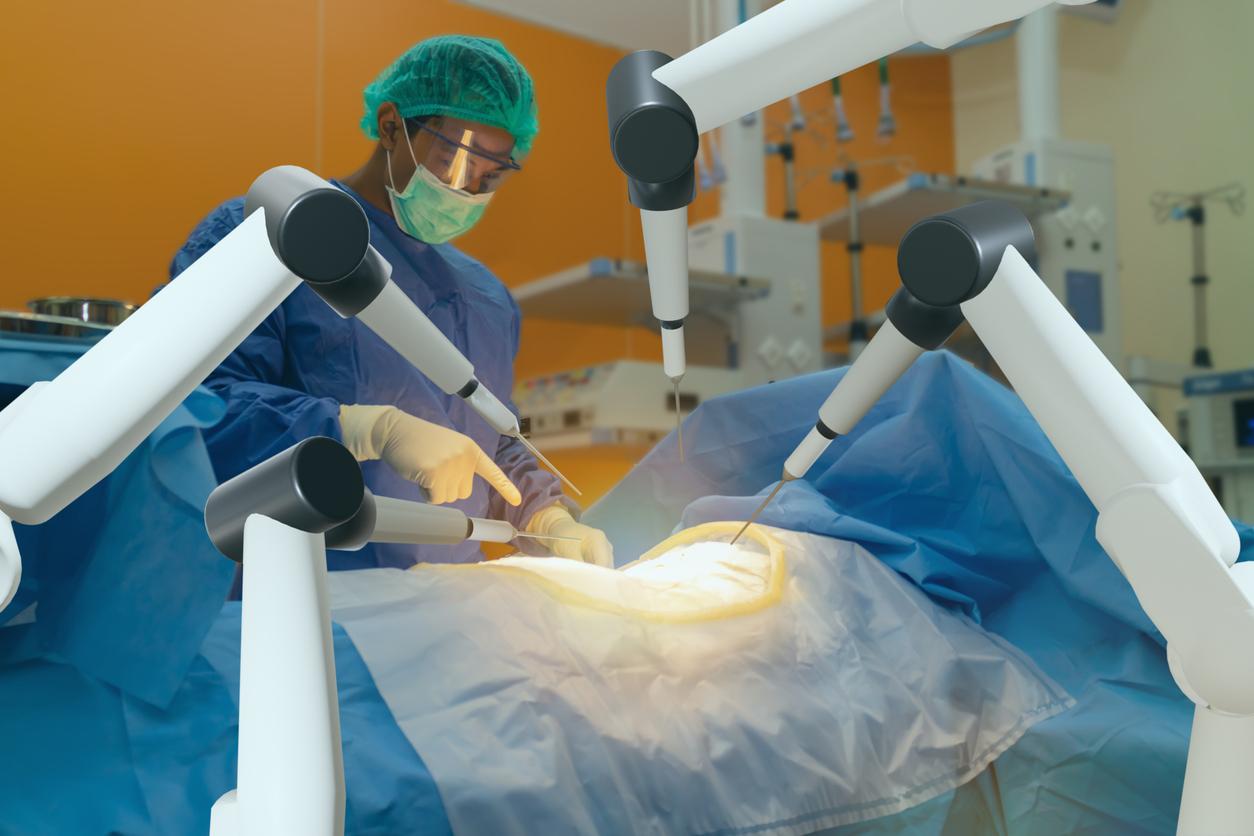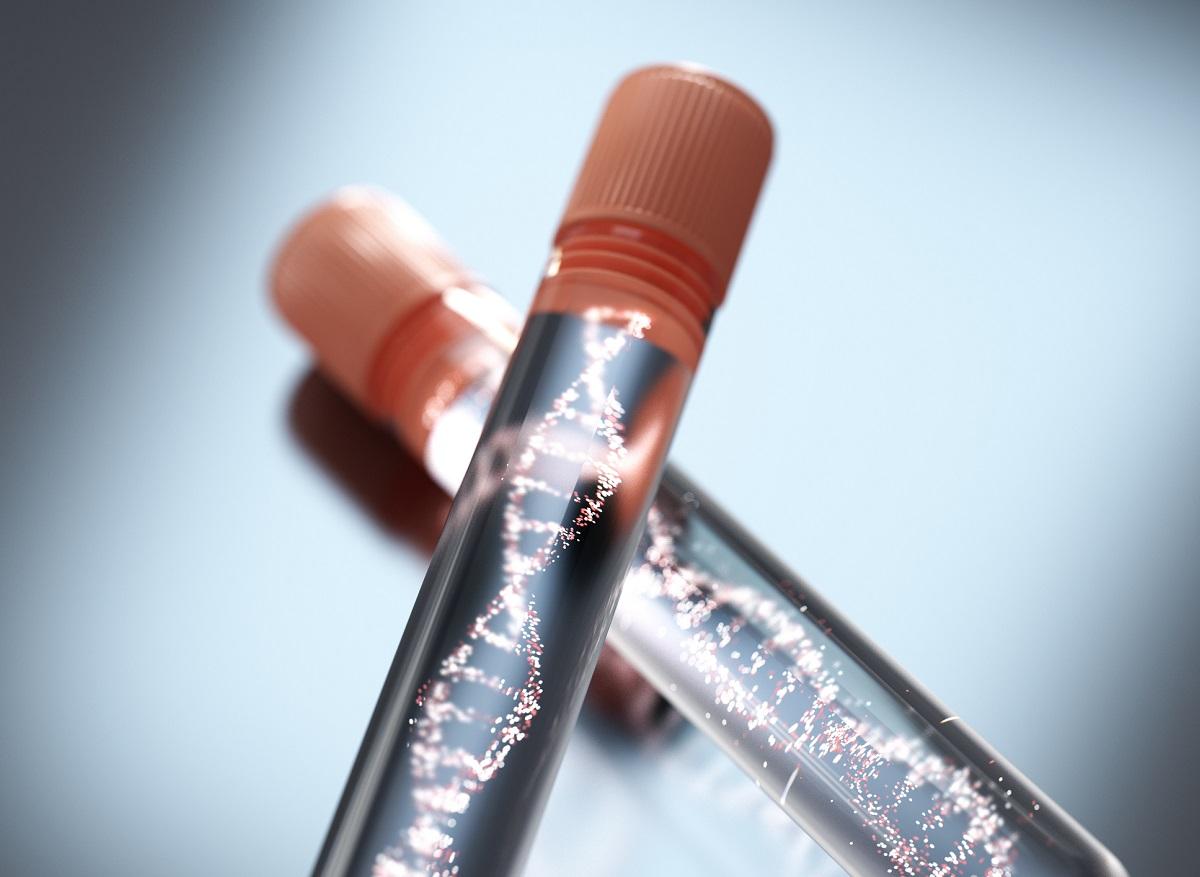INTERVIEW – At the origin of a controversial amendment on organ donation, the deputy and transplanter Jean-Louis Touraine welcomes the recently published decree.

A year ago, the deputy Jean-Louis Touraine tabled a amendment to the health law on organ donation in order to limit shortages. The text, criticized by doctors and by part of public opinion, provided for no longer consulting the families of a deceased person before removing their organs – unless they appear on the National Refusal Register.
At the end of a long debate involving the Biomedicine Agency, the National Council of the Order of Physicians, the General Directorate of Health as well as associations and politicians, the decree of application of the law fell on August 25. It sets the framework within which doctors can proceed with the sample and the conditions under which families must be involved in this intervention.
In the new text, there is no longer any question of not consulting relatives. Before taking the sample and in the absence of indications from the deceased (national register, written testimony, etc.), the doctors will ask the family to report the patient’s wishes expressed during his lifetime. If the deceased did not wish to donate their organs, then relatives should indicate this in a written, dated and signed testimony. The choice of the deceased thus transcribed will be respected by the medical team. Under these circumstances, one might think that the legislation has not really changed the situation. An interpretation vigorously contested by Jean-Louis Touraine.
Finally, the law has not really changed …
Jean-Louis Touraine: On the contrary. The decree reinforces the position which consists in saying that it is not for the family to choose for the deceased person. Previous texts were ambiguous. Doctors did everything they could to obtain the testimony of the deceased by questioning his family, but often no instructions were left – we don’t like to talk about death in France.
Suddenly, the family expressed its own position rather than that of the deceased, with considerable refusal rates – 42% on average, and up to 50% in Ile-de-France, while more than nine in ten French people say they are favorable to organ donation!
With written testimony, dated and signed, which specifies the circumstances in which the deceased expressed his will, the probability of misinterpretation is considerably reduced. The text strengthens the right of people to dispose of their organs and prevents their will from being substituted.
But a family can always oppose the levy …
Jean-Louis Touraine: Indeed, relatives can always lie, write a false testimony. But admit that this is an extraordinary lack of respect for the deceased, and that the cases should be very marginal – even if they cannot be excluded. By transcribing the expression of a refusal, families take great responsibility. I have had several times situations where relatives objected to the levy; a few weeks later, they found the deceased’s donor card. With a written and signed document, it’s a safe bet that false testimony will be limited.
I am 200% satisfied with this text, which many countries envy us, because it is very favorable to transplants. Refusal rates are expected to really drop. Moreover, the number of transplants has increased since last year; the debates mobilized people.
Why did you table an amendment that went much further?
Jean-Louis Touraine: The idea of this amendment was to make the National Refusal Register the only way to express refusal. It was a short text that could have applied as it stood if all French people were actually registered on these lists, which is far from being the case. The text has therefore been amended so that the Register remains the main means, but opening the way to other sources.
The 1976 Caillavet law established the principle of presumed consent. “Who does not say a word consents”, specify the texts, but it is still necessary to be informed for this tacit consent to be fair. However, almost no information was delivered to the community after this law.
Thanks to the debates generated following the tabling of the amendment, there was a real communication relayed by the Biomedicine Agency. The number of people registered on the Register has increased since these discussions, which makes sense since, according to the data, one in ten French people are opposed to the levy. We must also guarantee the rights of the 10% of people who refuse to donate their organs.
.











-1730888646.jpg)



